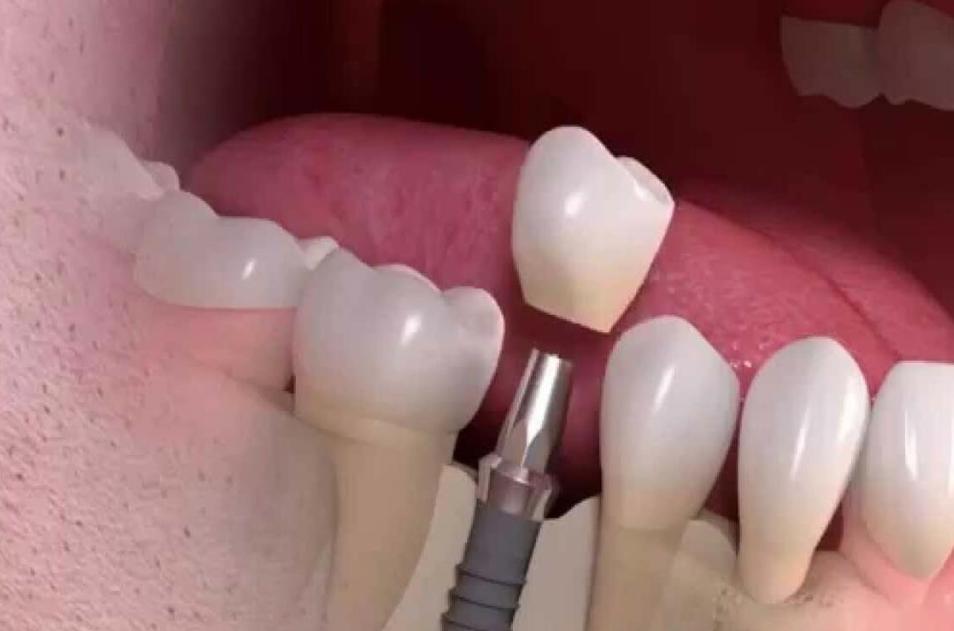Dental implants have become a popular solution for replacing missing teeth, offering a permanent and natural-looking alternative to dentures. However, like any surgical procedure, implants carry some risks, with implant infection being one of the most serious concerns. While infections are relatively rare, it’s important to understand the causes, symptoms, and preventive measures to ensure the success of your dental implant procedure.
What Causes Implant Infection?
Implant infections, also known as peri-implantitis, can occur when bacteria accumulate around the implant site. Several factors can contribute to the development of an infection, including poor oral hygiene, smoking, or compromised immune systems. In some cases, the infection may result from improper surgical techniques or inadequate post-surgery care.
The risk of infection increases when plaque and food particles are not effectively removed from the gum line. Additionally, individuals with conditions like diabetes or those undergoing certain medical treatments may be more prone to infections due to weakened immunity.
Symptoms of Implant Infection
Recognising the early signs of an implant infection is crucial for preventing further complications. Common symptoms include:
- Redness and swelling around the implant site.
- Bleeding when brushing or flossing near the implant.
- Pain or discomfort that persists or worsens over time.
- Pus or discharge coming from the implant area.
- Loosening of the implant may indicate bone loss.
How to Prevent Implant Infection
Preventing an implant infection starts with good oral hygiene and regular dental care. Here are some essential steps you can take:
- Maintain a proper oral hygiene routine, including brushing twice a day, flossing, and using an antibacterial mouthwash to keep bacteria at bay.
- Attend regular dental check-ups so your dentist can monitor the health of your implant and surrounding gums.
- Avoid smoking, as it increases the risk of infection and slows the healing process.
- Follow your dentist’s post-operative care instructions carefully, including any prescribed antibiotics or special cleaning methods for the implant site.
By taking these precautions, you can significantly reduce the likelihood of developing an infection after your implant procedure.
Conclusion
While the risk of an implant infection is relatively low, it is still a possibility that needs attention. Understanding the causes, recognising the symptoms, and following preventive measures will help ensure the long-term success of your dental implant. Always prioritise good oral hygiene and seek professional advice if you suspect an issue.

